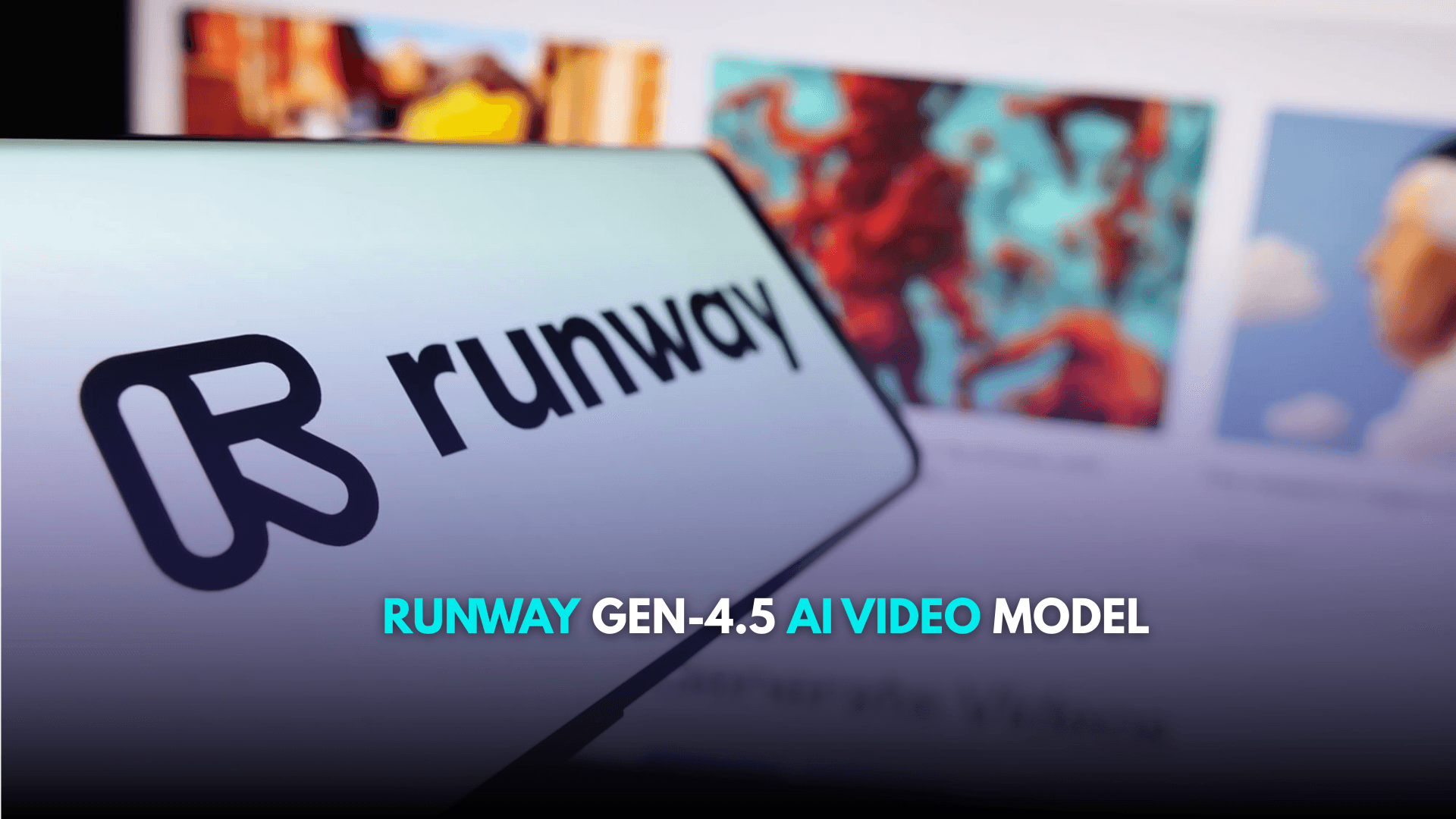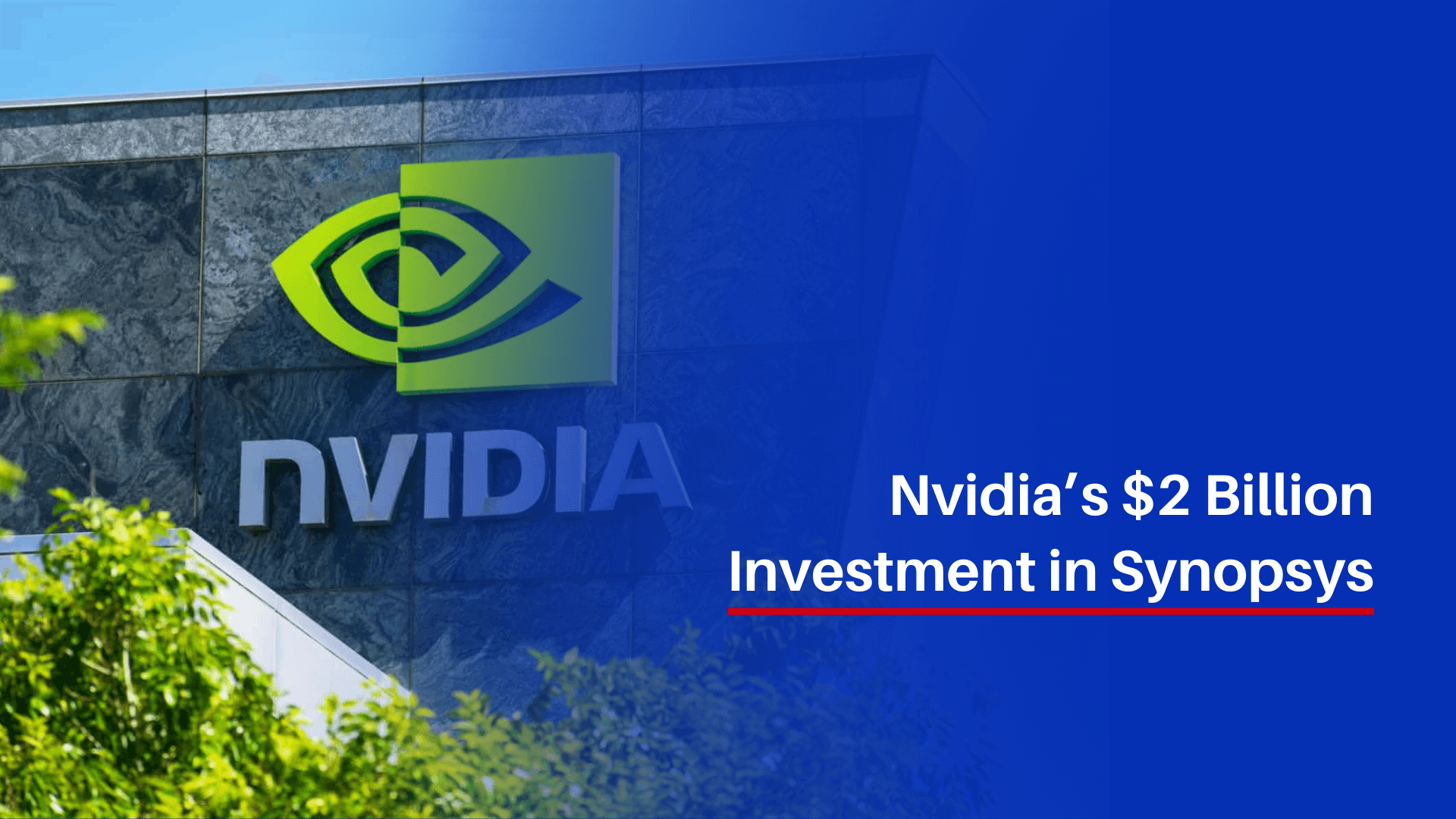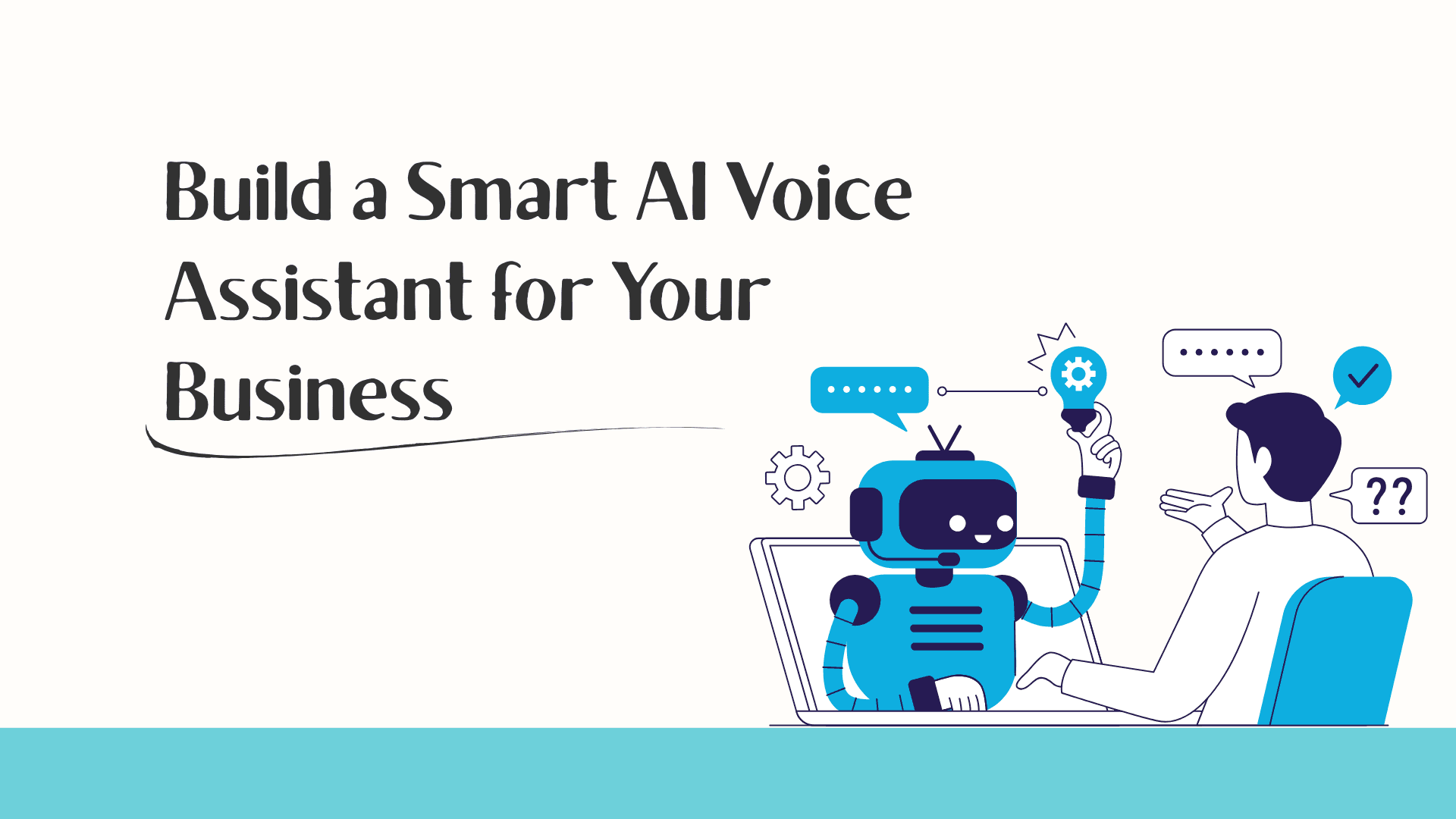
Have you ever wondered why some AI tools seem smarter than others? Or why certain AI applications can handle complex tasks while others just answer questions? The secret lies in understanding the difference between traditional AI chatbots and something revolutionary called AI agents.
If you've been using ChatGPT, Claude, or similar tools, you've probably noticed their limitations. They're great at generating content, but they can't actually do much beyond that. AI agents are changing this landscape entirely, and here's everything you need to know about this game-changing technology.
The Journey from Simple AI to Smart Agents
Where It All Started: Language Models 101
Let's start with what most people know. When you chat with ChatGPT or Claude, you're interacting with what we call a Large Language Model (LLM). These systems are impressive – they can write emails, explain complex topics, and even help with creative projects.
But here's the thing: they're essentially very sophisticated text generators. You ask a question, they provide an answer. That's it. The conversation ends there.
Think about it this way – if you asked your current AI assistant "What's on my calendar tomorrow?", it would probably say something like "I don't have access to your calendar." Frustrating, right?
This limitation exists because traditional language models operate in isolation. They don't connect to your personal data, they can't remember previous conversations across sessions, and they certainly can't take actions on your behalf.
The Next Step: AI Workflows and Smart Connections
Smart developers recognized these limitations and created something better: AI workflows. This approach connects language models to external data sources and tools, making them significantly more useful.
Here's how AI workflows solve the calendar problem:
You set up specific instructions that tell the AI, "When someone asks about meetings, check their Google Calendar first." Now when you ask "What's on my calendar tomorrow?", the AI can actually give you a real answer.
This is what experts call Retrieval-Augmented Generation, or RAG for short. It's like giving your AI assistant a set of reference books and teaching it which book to open for different types of questions.
However, workflows still have a major limitation: you have to think of everything in advance. If you haven't specifically programmed the AI to check weather data, it won't know to do that when you ask about outdoor meeting conditions.
The Revolution: Understanding True AI Agents
What Makes AI Agents Different?
Here's where things get exciting. AI agents don't just follow pre-written instructions – they actually think through problems and decide what actions to take.
Real AI agents have three superpowers that set them apart:
Independent Problem-Solving: Instead of following a script, they analyze situations and determine the best approach on their own.
Action-Taking Capability: They don't just suggest what you should do – they actually do it themselves using various tools and systems.
Continuous Learning: Perhaps most importantly, they get better over time by learning from their successes and mistakes.
Seeing AI Agents in Action
Let me paint a picture that shows the dramatic difference between these approaches.
Imagine you want to maintain an active LinkedIn presence by posting daily content about industry news. Here's how each AI approach would handle this:
Traditional Method: You spend 30 minutes each morning finding news articles, another 20 minutes writing a thoughtful post, and 5 minutes scheduling it. That's nearly an hour of your time every single day.
Workflow Method: You create a detailed system that tells the AI exactly what news sources to check, how to format posts, and when to schedule them. This works, but if industry trends change or your audience preferences shift, you need to manually update all the instructions.
Agent Method: You simply tell the agent, "I want to post engaging daily LinkedIn content about industry developments." The agent then figures out everything else:
It researches current industry trends to understand what's relevant
It identifies the most credible news sources in your field
It analyzes your past posts to understand your writing style
It studies engagement patterns to optimize posting times
It creates and schedules content automatically
It monitors performance and adjusts its strategy accordingly
The beautiful part? If the agent notices that certain types of posts get better engagement, it starts creating more content in that style. If industry focus shifts, it adapts its news sources. All without you having to update any instructions.
Why This Matters More Than You Think
The Business Impact
For companies, AI agents represent a fundamental shift in operational efficiency. Instead of creating detailed standard operating procedures for every possible scenario, businesses can deploy agents that understand objectives and figure out the best way to achieve them.
Consider customer service. Traditional chatbots follow decision trees – if customer says X, respond with Y. AI agents understand customer intent and can navigate complex situations without predetermined scripts.
This means less time spent on process documentation and more time focused on strategic growth initiatives.
Personal Productivity Revolution
On a personal level, AI agents transform how we handle routine tasks. Instead of managing multiple AI tools for different purposes, you'll work with intelligent assistants that understand your broader goals.
Your AI agent might notice that you always struggle with meeting preparation on Monday mornings. Without being asked, it could start automatically preparing briefing documents for your weekly team meetings, saving you time and reducing stress.
What's Coming Next in AI Agent Technology
The current generation of AI agents is just the beginning. Here's what industry experts predict for the near future:
Enhanced Reasoning: Agents will handle increasingly complex multi-step problems that require sophisticated logical thinking.
Cross-Platform Intelligence: Your AI agent will seamlessly work across all your digital tools – email, calendar, project management, social media, and more.
Personalized Learning: Agents will develop deep understanding of your preferences, work style, and goals, becoming truly personalized digital assistants.
Collaborative Capabilities: Multiple AI agents will work together on complex projects, each contributing specialized expertise.
Choosing the Right AI Approach for Your Needs
Understanding these different AI capabilities helps you make smarter technology decisions. Here's a quick guide:
Use traditional AI chatbots when: You need help with content creation, brainstorming, or answering specific questions.
Consider AI workflows when: You have repetitive tasks that follow predictable patterns and you're comfortable setting up the initial structure.
Invest in AI agents when: You want true automation for complex processes that require decision-making and adaptation over time.
Getting Started with AI Agents
If you're ready to explore AI agent technology, start small. Look for tools that can handle one specific area of your work or personal life. Many platforms now offer agent-like capabilities for social media management, email handling, or project coordination.
The key is choosing agents that align with your actual needs rather than getting caught up in the technology itself.
You might also like

Runway Gen-4.5 AI Video Model - Faster and Smarter Than Google and OpenAI
Runway launches Gen-4.5 AI video model. It can turn text into videos quickly and beats models from Google and OpenAI in tests.

Nvidia’s $2 Billion Investment in Synopsys
Nvidia invests $2 billion in Synopsys to make smarter computer chips and faster AI. Learn how this partnership can improve technology for businesses and industries

Build a Smart AI Voice Assistant for Your Business Fast, Simple, and Ready to Use
Create your own AI voice assistant in minutes with Kayan. Answer customer questions, handle calls, and improve support without coding or technical skills. Simple, fast, and ready to use.
Enjoy this article?
Subscribe to our newsletter to get more insights on technology, design, and the future of digital innovation.
CRTVAI
Unlock AI's full potential with expert insights from leading software innovators. Subscribe for exclusive content on ChatGPT integration, custom development solutions, and transformative technologies that deliver measurable business results.
Popular Posts

10 Software Design Patterns Made Simple: A Guide for New Programmers

Google Gemini 2.5 Pro and China’s AI Boom Are Rewriting the Rules of the AI Race

Why Everyone in MENA is Talking About Evalia AI for Call Centers
